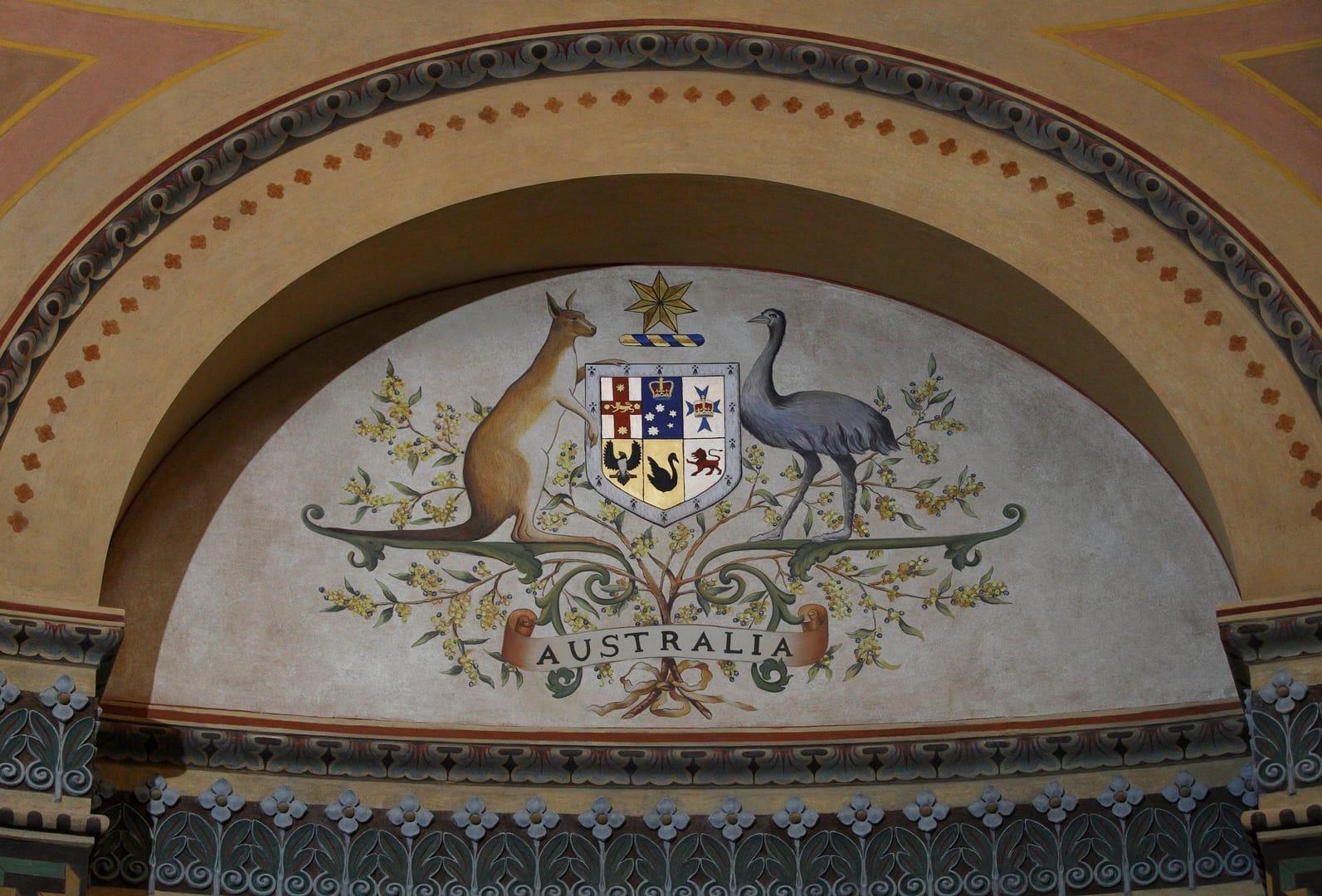ROME — The COVID-19 pandemic has dealt a powerful blow to the tourism industry, including the religious guesthouses in Italy that specialize in welcoming pilgrims.
Fabio Rocchi, president of the Italian association of religious guesthouses, said Aug. 19 that of the 1,700 guesthouses he regularly interacts with only “140 have closed their doors to hospitality definitively. The properties will be put to other uses.”
About 50 residences are still closed, but plan to reopen “at the end of the pandemic” or next year, he told Catholic News Service. “Most of them are structures that also house a religious community, often composed of the elderly, and so they want to avoid the risk of guests bringing the contagion to particularly fragile persons.”
“Almost all the others have reopened,” Rocchi said, and they are “counting on the summer season” to ensure their survival.
Things are slow, though.
Ilaria Arcella, who manages the Casa San Giuseppe for the Daughters of St. Joseph in Rome’s Trastevere neighborhood, told CNS Aug. 20 that the guesthouse reopened at the end of May, catering to “very few guests.”
“We consider ourselves fortunate to be open, but there is not much work,” she said. By late August, the inn’s 29 rooms had a 40% occupancy rate.
The Domus Australia, owned by the Catholic Church in Australia, reopened July 1 “with a little group of guests, a couple families,” said Msgr. John Boyle. Things changed when an international group of pilgrims — with members from Ireland, Italy, the Netherlands and Germany — filled the 32-room, four-star guesthouse Aug. 20.
Still, limits on international travel mean “we have no Australians coming here, which is what the structure was built for,” he said.
The Bridgettine Sisters run a small, but well-known guesthouse in the historic center of Rome, in the same building where St. Bridget of Sweden lived in the late 1300s.
The receptionist said Aug. 20, “We’re open, but we do not have very many guests. We’ve had more cancellations than arrivals.”
The situation is similar in Assisi, St. Francis’ hometown. At the Domus Laetitiae, a guesthouse owned by the Capuchins, “we are welcoming pilgrims, following the best practices for hygiene and safety. In fact, the friars have asked us to go a step further, measuring the temperatures of the guests” before they enter to make sure no one has a fever, said Tomas, the receptionist.
The convent and guesthouse in walking distance of the Basilica of St. Francis have a total of 100 beds; as of Aug. 20, he said, they were running at about 35% occupancy — “all Italians except for a German friar.”
While it is not good for business, Tomas said that “without throngs of tourists, Assisi has another atmosphere: it’s quieter, more spiritual.”















